
City Centre: The Heartbeat of Lilongwe
City Centre in Lilongwe is the vibrant heart of Malawi's capital, offering a blend of modernity and tradition. This bustling district is the administrative and commercial hub of the city, making it an essential stop for any visitor. Explore the impressive Parliament Building and marvel at the architecture that symbolizes Malawi's governance. Nearby, the Bingu International Convention Centre is a testament to contemporary design and hosts various events and conferences. For a taste of local culture, visit the Lilongwe Wildlife Centre, a sanctuary dedicated to rescuing and rehabilitating wildlife. The City Centre is also home to several markets where you can shop for unique handicrafts, local produce, and souvenirs. Don't miss the opportunity to sample Malawian cuisine at one of the many local eateries. The City Centre offers a blend of historical landmarks, modern amenities, and cultural experiences, making it a diverse and exciting destination for tourists.
Local tips in City Centre
- Visit during weekdays to experience the bustling administrative activities and local markets at their peak.
- Carry cash as some local markets and smaller eateries may not accept credit cards.
- Wear comfortable shoes as you'll likely do a lot of walking exploring the various attractions.
- Keep an eye on your belongings as the area can get crowded, especially in markets and popular spots.
- Consider hiring a local guide to get the most out of your visit and to learn more about the history and culture.
City Centre: The Heartbeat of Lilongwe
City Centre in Lilongwe is the vibrant heart of Malawi's capital, offering a blend of modernity and tradition. This bustling district is the administrative and commercial hub of the city, making it an essential stop for any visitor. Explore the impressive Parliament Building and marvel at the architecture that symbolizes Malawi's governance. Nearby, the Bingu International Convention Centre is a testament to contemporary design and hosts various events and conferences. For a taste of local culture, visit the Lilongwe Wildlife Centre, a sanctuary dedicated to rescuing and rehabilitating wildlife. The City Centre is also home to several markets where you can shop for unique handicrafts, local produce, and souvenirs. Don't miss the opportunity to sample Malawian cuisine at one of the many local eateries. The City Centre offers a blend of historical landmarks, modern amenities, and cultural experiences, making it a diverse and exciting destination for tourists.
Iconic landmarks you can’t miss
Four Seasons
Discover tranquility and natural beauty at Four Seasons Garden, an urban oasis in Lilongwe perfect for relaxation and exploration.
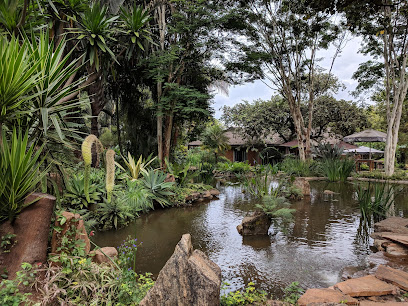
Lilongwe Wildlife Centre
Explore the Lilongwe Wildlife Centre, a sanctuary for rescued animals and a beacon of conservation in Malawi's capital city.
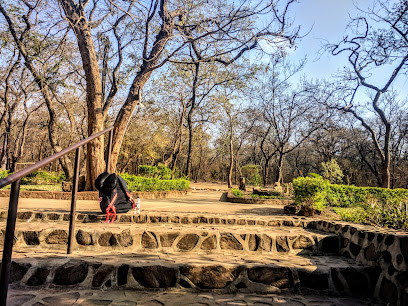
Woodlands Lilongwe
Explore the tranquility of Woodlands Lilongwe, a premier hotel and restaurant offering Malawian hospitality in the heart of Lilongwe.

World War I Memorial
Explore the poignant history of the World War I Memorial in Lilongwe, a serene park dedicated to honoring those who served during the Great War.
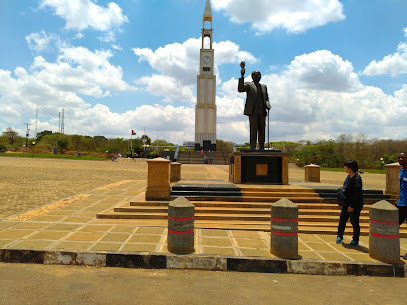
Kulemeka Gardens
Explore the vibrant beauty of Kulemeka Gardens, a serene botanical paradise in Lilongwe, Malawi, perfect for nature lovers and peaceful retreats.
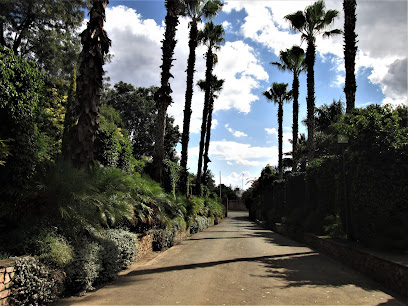
FunCity Amusement Park
Discover the excitement of FunCity Amusement Park in Lilongwe, where thrilling rides and family-friendly fun await every visitor.
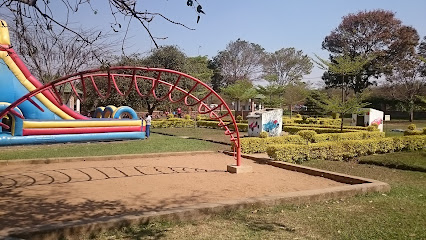
Maula Cathedral
Explore the architectural beauty and spiritual tranquility of Maula Cathedral, a cultural gem in the heart of Lilongwe, Malawi.
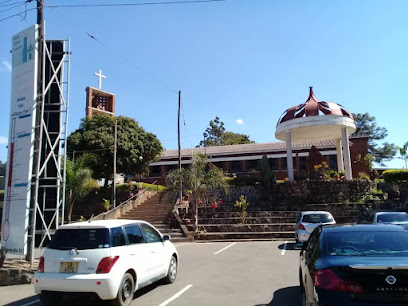
Kamuzu Mausoleum
Explore the Kamuzu Mausoleum in Lilongwe, a serene tribute to Malawi's founding father amidst beautiful gardens and rich historical insights.
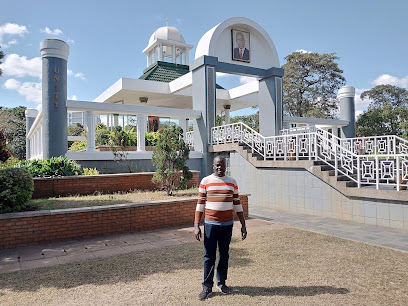
Lilongwe Nature Sanctuary
Discover the tranquility of Lilongwe Nature Sanctuary, a lush urban retreat filled with wildlife and natural beauty in Malawi's capital.
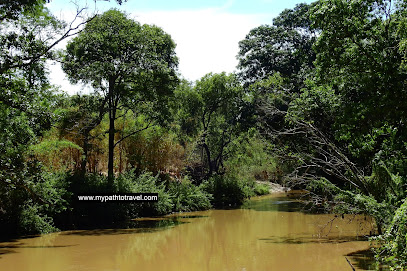
Lilongwe
Explore the natural beauty and vibrant culture of Lilongwe, Malawi's tranquil capital, where the serene waters invite relaxation and adventure.

City Center New Plot-CPP
Explore the historic City Center New Plot-CPP in Lilongwe, where rich culture meets vibrant city life, showcasing the best of Malawi's heritage.

Unmissable attractions to see
Royal Gardens
Explore the lush landscapes of Royal Gardens, a serene retreat in Lilongwe, perfect for relaxation, family fun, and nature appreciation.
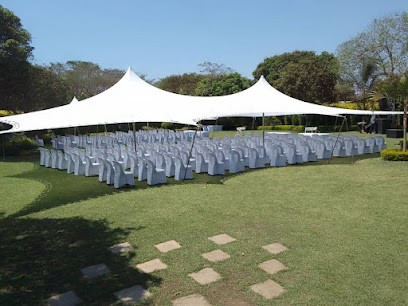
Garden of peace
Discover tranquility at the Garden of Peace, a serene escape in Lilongwe where nature thrives and relaxation prevails.

Malabvi Art Gallery
Experience the rich artistic heritage of Malawi at Malabvi Art Gallery, showcasing local talent through captivating artworks and cultural events.

Essential places to dine
Woodlands Lilongwe
Experience the best of Malawian cuisine at Woodlands Lilongwe - where comfort meets culinary excellence.

Mediterraneo
Discover authentic Italian flavors at Mediterraneo in Lilongwe – where every meal is a celebration of culinary artistry.
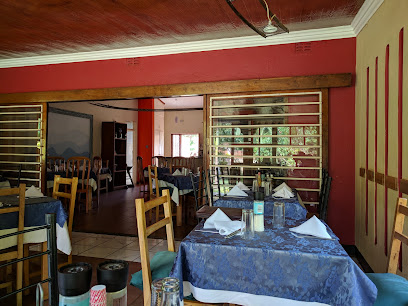
Ama Khofi
Experience the vibrant flavors of Malawi at Ama Khofi in Lilongwe – where local ingredients meet culinary excellence.
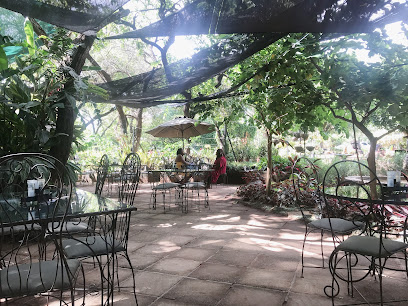
Coco's at August House
Experience authentic Malawian cuisine blended with international tastes at Coco's at August House in Lilongwe.
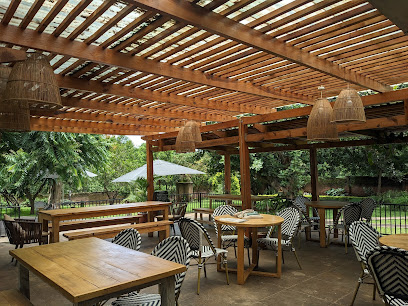
Khichini Hub
Discover authentic Malawian flavors at Khichini Hub - where culinary tradition meets vibrant culture in the heart of Lilongwe.
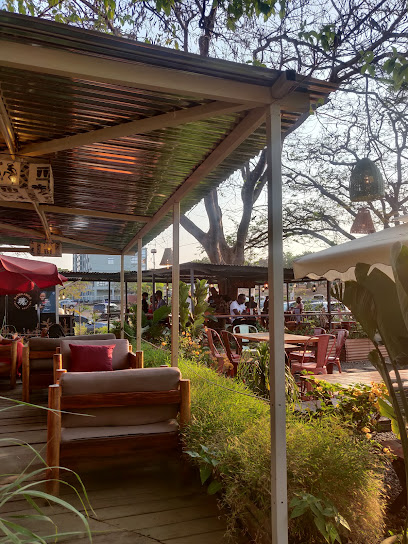
Cup n Roll
Discover authentic Japanese flavors at Cup n Roll in Lilongwe – where casual dining meets culinary excellence.
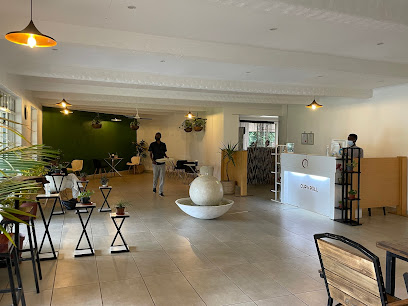
Vincent's Restaurant
Experience exquisite Western cuisine at Vincent's Restaurant in Lilongwe, where every meal is crafted with passion and quality ingredients.
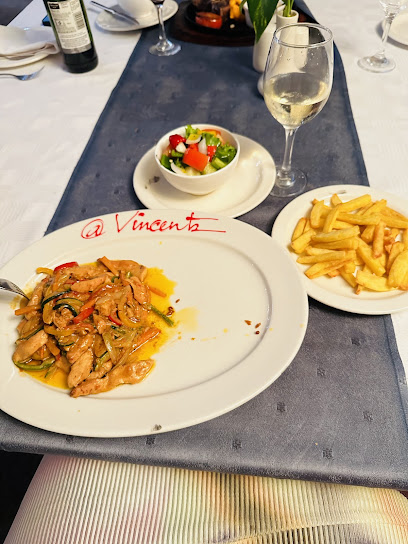
Charcoal Restaurant Lilongwe Malawi(Halal)
Experience the rich culinary heritage of Malawi at Charcoal Restaurant in Lilongwe, offering delicious halal options in a vibrant setting.
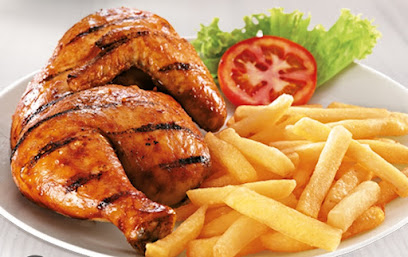
The African Table
Experience authentic Malawian cuisine at The African Table in Lilongwe - where tradition meets flavor in every dish.
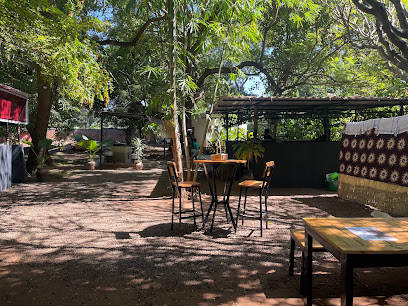
Blue Carats Restaurant
Discover exquisite Malawian cuisine fused with international flavors at Blue Carats Restaurant in Lilongwe.
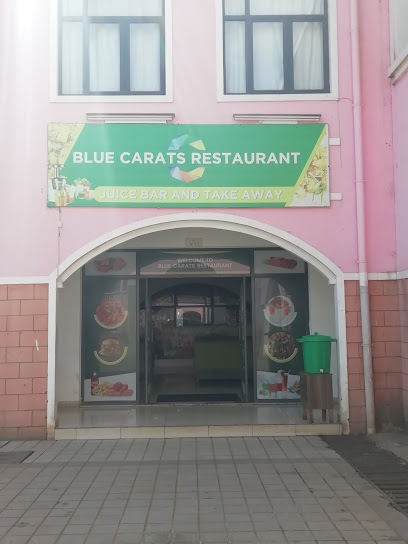
Markets, malls and hidden boutiques
Bonjour
Discover Bonjour, the essential convenience store in Lilongwe, offering everything from local snacks to daily necessities in the heart of the city.
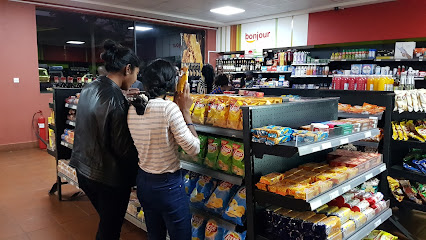
Let's Talk Electronics
Explore the latest in technology and electronics at Let's Talk Electronics in Gravity Mall, Lilongwe. Your tech journey begins here.
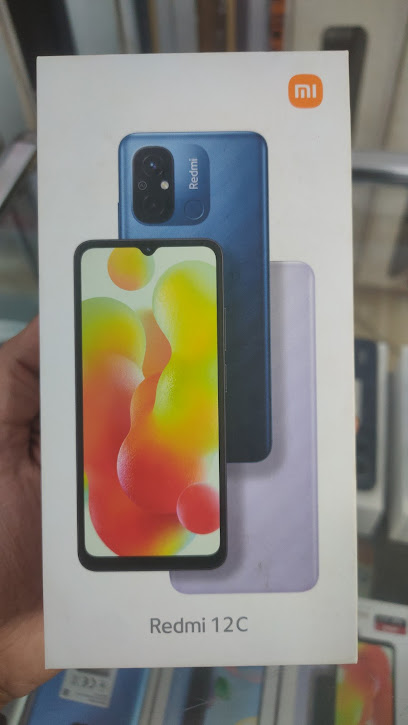
Producemart International Limited
Discover the heart of Lilongwe at Producemart International Limited, your go-to general store for local produce and authentic souvenirs.

Orange Prints Group
Explore the vibrant offerings of Orange Prints Group in Lilongwe, where local crafts and essentials come together to create a unique shopping experience.
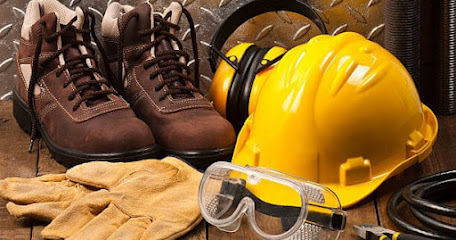
Kalad Generals
Explore Kalad Generals in Lilongwe for a vibrant selection of stationery and unique gifts reflecting Malawian culture.

Rastafarian Shop
Discover the Rastafarian Shop in Lilongwe, a cultural treasure trove of authentic crafts, art, and community spirit that showcases the rich heritage of the Rastafarian culture.

RSM Traders
Discover the essence of beauty at RSM Traders, Lilongwe's premier cosmetics store, offering a blend of local charm and global beauty trends.

Linthipe Joint venture
Experience the vibrant local culture and unique shopping at Linthipe Joint Venture in the heart of Lilongwe, Malawi.

Mavazi Boutique
Explore Mavazi Boutique in Lilongwe for unique Malawian fashion and craftsmanship, offering a vibrant collection of clothing and accessories.
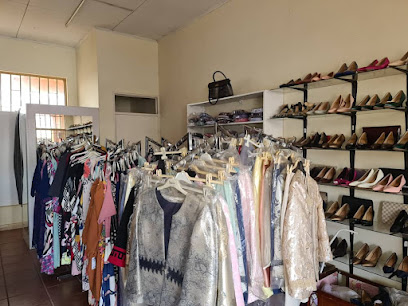
Rethabile Investments Mw
Discover the vibrant local culture and essential items at Rethabile Investments Mw, your go-to general store in Lilongwe.

Essential bars & hidden hideouts
Nocturne
Experience Lilongwe's vibrant nightlife at Nocturne, a cocktail bar that blends local flavors with innovative mixology for an unforgettable evening.
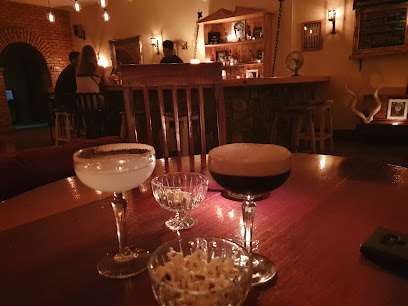
HeyDay Restaurant and Bar
Discover the vibrant flavors of Malawi at HeyDay Restaurant and Bar in Lilongwe, where local ingredients meet culinary creativity in a warm atmosphere.
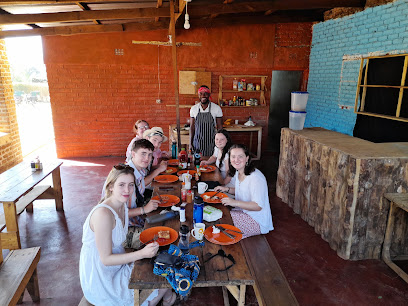
Hideout Bar and Grill
Experience the vibrant nightlife of Lilongwe at Hideout Bar and Grill, where delicious food and drinks meet local culture and entertainment.
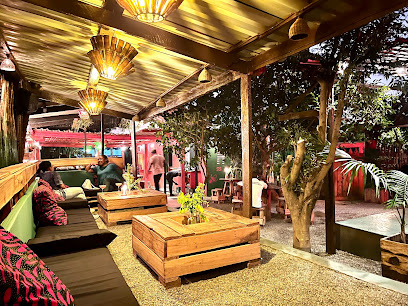
Epic Exclusive Lounge
Epic Exclusive Lounge in Lilongwe: A serene retreat perfect for relaxation and vibrant social gatherings amidst exquisite surroundings.
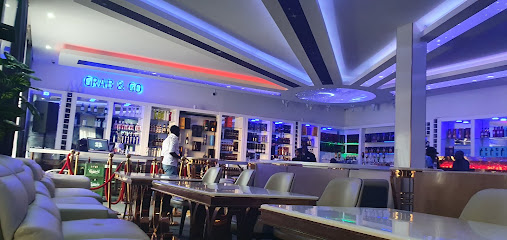
Mingle, Golden Peacock, Lilongwe
Discover the vibrant social scene at Mingle Lounge in Lilongwe, where relaxation meets excitement in a perfect blend of local culture and hospitality.
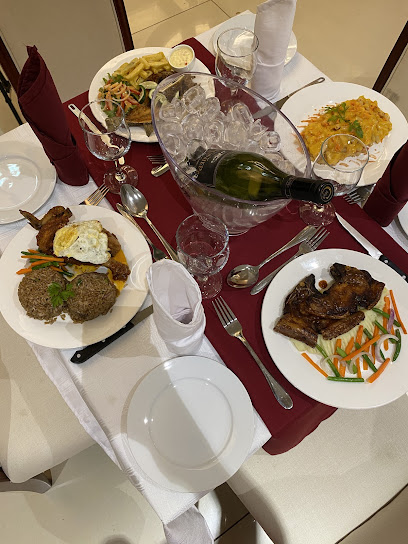
Red Lounge Bar & Restraurant
Experience the vibrant culture and cuisine of Lilongwe at Red Lounge Bar & Restaurant, your go-to spot for food, drinks, and live music.
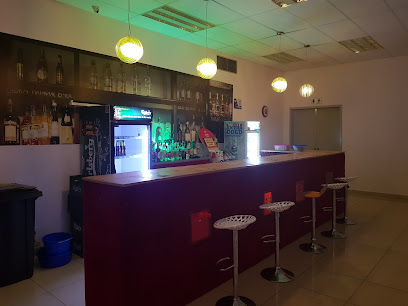
Akumudzi Club Area 14, Bar and Grill
Experience vibrant nightlife and authentic Malawian cuisine at Akumudzi Club Area 14, a must-visit bar and grill in Lilongwe.
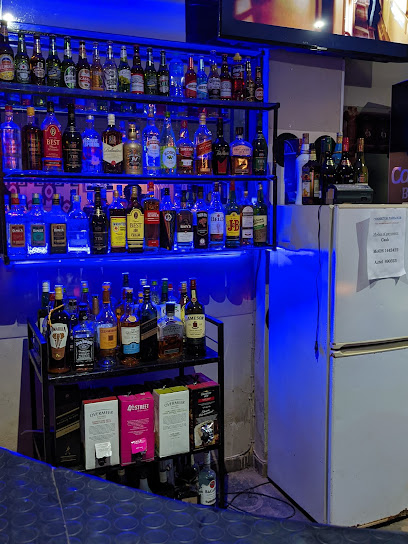
The Hideout Lounge
Discover a cozy escape at The Hideout Lounge in Lilongwe, where local flavors meet a vibrant atmosphere for an unforgettable experience.
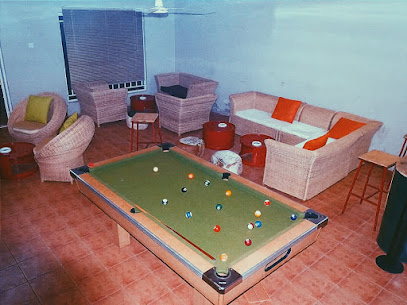
Pixes Pub
Discover the vibrant flavors of Malawi at Pixies Pub, Lilongwe's premier spot for local cuisine and lively atmosphere.
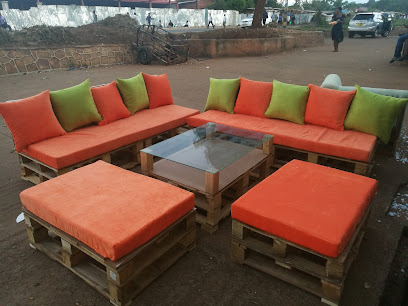
Gutters Bar and Restaurant
Experience the lively ambiance and delectable flavors of Gutters Bar and Restaurant, a top choice for nightlife in Lilongwe, Malawi.
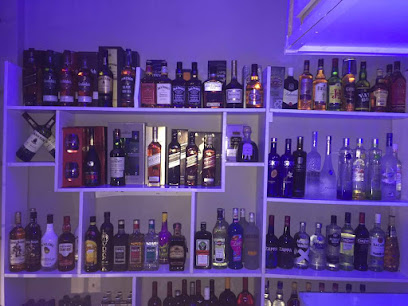
Local Phrases
-
- HelloMoni
[moh-nee] - GoodbyeTionana
[tee-oh-nah-nah] - YesEya
[eh-yah] - NoAyaya
[ah-yah-yah] - Please/You're welcomeZikomo
[zee-koh-moh] - Thank youZikomo kwambiri
[zee-koh-moh kwahm-bee-ree] - Excuse me/SorryPepani
[peh-pah-nee] - How are you?Muli bwanji?
[moo-lee bwan-jee] - Fine. And you?Ndili bwino. Inu?
[n-dee-lee bw-ee-noh ee-noo] - Do you speak English?Mukudziwa Chingelezi?
[moo-koo-dzee-wah chin-geh-leh-zee] - I don't understandSindikudziwa
[seen-dee-koo-dzee-wah]
- HelloMoni
-
- I'd like to see the menu, pleaseNdimakudziwa menu, chonde
[n-dee-mah-koo-dzee-wah meh-noo choh-ndeh] - I don't eat meatSindikudya nyama
[seen-dee-koo-dyah nyah-mah] - Cheers!Zokoma!
[zoh-koh-mah] - I would like to pay, pleaseNdimakudziwa kulipira, chonde
[n-dee-mah-koo-dzee-wah koo-lee-pee-rah choh-ndeh]
- I'd like to see the menu, pleaseNdimakudziwa menu, chonde
-
- Help!Chilungamo!
[chee-loon-gah-moh] - Go away!Pita!
[pee-tah] - Call the Police!Pemphani polisi!
[pehm-pah-nee poh-lee-see] - Call a doctor!Pemphani dokotala!
[pehm-pah-nee doh-koh-tah-lah] - I'm lostNdimadutsidwa
[n-dee-mah-doo-tsee-dwah] - I'm illNdimakubuka
[n-dee-mah-koo-boo-kah]
- Help!Chilungamo!
-
- I'd like to buy...Ndimakudziwa kugula...
[n-dee-mah-koo-dzee-wah koo-goo-lah] - I'm just lookingNdimakukonda kusonkhanitsa
[n-dee-mah-koo-kohn-dah koo-sohn-kah-nee-tsah] - How much is it?Ndikugula bwanji?
[n-dee-koo-goo-lah bwan-jee] - That's too expensiveZimachitika bwino kwambiri
[zee-mah-chee-tee-kah bw-ee-noh kwahm-bee-ree] - Can you lower the price?Mukutsegula pulobulemu?
[moo-koo-tseh-goo-lah poo-loh-boo-leh-moo]
- I'd like to buy...Ndimakudziwa kugula...
-
- What time is it?Saatikwana ndi yani?
[sah-ah-tee-kwah-nah ndee yah-nee] - It's one o'clockSaatikwana yomwe yatsopano
[sah-ah-tee-kwah-nah yoh-mwee yah-tsoh-pah-noh] - Half past (10)Pamodzi ndi (kumi)
[pah-moh-dzee ndee koo-mee] - MorningUsiku
[oo-see-koo] - AfternoonMawa
[mah-wah] - EveningM'mawa
[m-mah-wah] - YesterdayNtondo
[nn-tohn-doh] - TodayLero
[leh-roh] - TomorrowMawa
[mah-wah] - 1Wanu
[wah-noo] - 2Zawiri
[zah-wee-ree] - 3Zatatu
[zah-tah-too] - 4Zaine
[zah-ee-neh] - 5Zasambiri
[zah-sahm-bee-ree] - 6Zachanu
[zah-chah-noo] - 7Zachitatu
[zah-chee-tah-too] - 8Zachinayi
[zah-chee-nah-yee] - 9Zachisanu
[zah-chee-sah-noo] - 10Zamwiri
[zah-mwee-ree]
- What time is it?Saatikwana ndi yani?
-
- Where's a/the...?Kuli...?
[koo-lee] - What's the address?Adilesi yomwe?
[ah-dee-leh-see yoh-mweh] - Can you show me (on the map)?Ine nditandizinso (mu map)
[ee-neh ndee-tahn-dee-zee-nsoh moo map] - When's the next (bus)?Mawa ndi (bus) yosiyana?
[mah-wah ndee bus yoh-see-yah-nah] - A ticket (to ....)Tikiti (ku ....)
[tee-kee-tee koo]
- Where's a/the...?Kuli...?
History of City Centre
-
Lilongwe's establishment as the capital of Malawi in 1975 marked a significant shift in the nation's administrative landscape. Prior to this, Zomba served as the capital, but the decision to move to Lilongwe was influenced by its central location and potential for expansion. City Centre emerged as the heart of the new capital, designed to accommodate government offices, businesses, and international embassies.
-
The City Centre played a pivotal role during Malawi's struggle for independence from British colonial rule, which culminated in 1964. Although the area was still developing, it served as a gathering place for political activities and discussions among nationalists. The independence movement fostered a sense of national identity that shaped the cultural landscape of the City Centre.
-
In the 1980s, City Centre saw significant urban development, with the construction of modern buildings, hotels, and shopping facilities. This period was characterized by efforts to modernize Lilongwe and improve infrastructure. The introduction of the Lilongwe City Assembly aimed to enhance urban planning and services, leading to a more organized and functional City Centre.
-
City Centre is home to a diverse population, reflecting Malawi's rich cultural heritage. The area features various markets, restaurants, and cultural institutions that showcase the traditions of different ethnic groups in Malawi, such as the Chewa, Tumbuka, and Yao. Events and festivals held in the City Centre celebrate this diversity, promoting unity and cultural exchange.
-
Today, City Centre serves as the economic heartbeat of Lilongwe, with numerous businesses, banks, and governmental institutions located here. It is a bustling trade center where local vendors sell crafts, produce, and textiles. The growth of the informal economy has also contributed to the vibrancy of the area, making it a focal point for both locals and tourists seeking authentic Malawian experiences.
City Centre Essentials
-
City Centre is easily accessible from various neighbourhoods in Lilongwe. If you are coming from the Airport, you can take a taxi or arrange for a shuttle service, which typically takes around 30 minutes. From other neighbourhoods like Area 3 or Area 9, local minibuses (known as 'matolas') frequently run to the City Centre. Alternatively, taxis are readily available and provide a convenient option for direct travel.
-
City Centre is compact, making it easy to explore on foot. For longer distances, taxis and local minibuses operate extensively. Bicycles are also available for rent in some areas, offering a more leisurely way to navigate the neighbourhood. While there are no trains in Lilongwe, the public transport system is efficient for reaching nearby suburbs.
-
City Centre is generally safe for tourists, but it’s wise to exercise caution, especially after dark. Areas near the central market can experience higher crime rates, particularly petty theft. Always keep an eye on your belongings and avoid displaying valuables openly. It is advisable to stay alert in crowded places and to avoid walking alone at night in poorly lit areas.
-
In case of an emergency, dial 999 for police assistance or find a local hospital for medical emergencies. The main hospital in Lilongwe is Kamuzu Central Hospital, though there are also private clinics available. It is recommended to carry a copy of your passport and travel insurance details at all times in case of emergencies.
-
Fashion: Do dress modestly, especially in public places and markets. Avoid wearing revealing clothing. Religion: Do respect local customs, and when visiting religious sites, dress conservatively. Public Transport: Do be polite and offer your seat to elders. Don't eat or drink while on public transport. Greetings: Do greet locals with a handshake and a smile. Don't assume familiarity; use titles when addressing elders. Eating & Drinking: Do try local dishes and accept invitations to eat. Don't refuse food offerings, as this is seen as impolite.
-
To experience City Centre like a local, visit the various markets, such as the Lilongwe Central Market, where you can find fresh produce and local crafts. Engage with vendors and ask about their goods to learn more about the culture. Additionally, consider visiting local cafes and eateries to savor traditional Malawian dishes like nsima and sit down for a chat with locals. Participating in community events and festivals can also provide deeper insights into the local life.
Nearby Cities to City Centre
-
Things To Do in Salima
-
Things To Do in Chipata
-
Things To Do in Mangochi
-
Things To Do in Zomba
-
Things To Do in Blantyre
-
Things To Do in Nkhata Bay
-
Things To Do in Mzuzu
-
Things To Do in Karonga
-
Things To Do in Nyanga
-
Things To Do in Kasama
-
Things To Do in Harare
-
Things To Do in Chinhoyi
-
Things To Do in Mbeya
-
Things To Do in Ndola
-
Things To Do in Mutare










